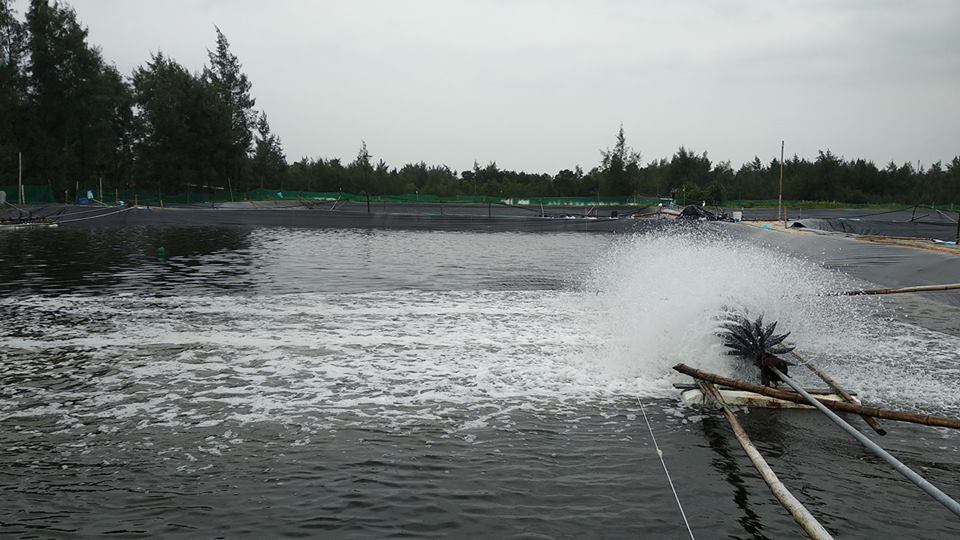
The reasons for promoting aquaculture are well known. As the global population and incomes increase, the world is expected to demand more aquatic food than the wild can provide.
Aquaculture can close this expected gap. Aquaculture also has the potential to eliminate hunger and food and nutrition insecurity, as well as to reduce poverty generally, thereby contributing to the Sustainable Development Goals (SDGs).
Particularly over the last two decades, global production from aquaculture has grown substantially, providing significant volumes of fish and other aquatic food for human consumption, creating substantial employment and reducing poverty, often in remote areas. This trend is projected to continue as aquaculture continues to expand worldwide.
Good governance of aquaculture is a necessary condition for the sector to fully realize its potential for growth. Good governance will also ensure order and sustainability of this growth. Certain characteristics of the sector further justify the need for its governance:
• The risk and uncertainty inherent in a new and rapidly changing sector.
• The comparatively recent “emergence” of aquaculture, which can create administrative duplication, and legislative vacuums.
• The interdependence with other sectors which often leads to competition with pre-existing sectors for access to productive resources.
• The complexity of aquaculture, partly as a result of the life cycles of aquatic organisms, as well as the management and technical requirements of growing them in captivity.
• The diversity of culture systems, sites, facilities, practices, and processes needed to deliver aquatic products.
• The wide range of political, social, economic and environmental conditions under which production occurs.
Full articel: https://drive.google.com/open?id=0B2GPQ2loaETALU1qNUxEOHp1c0U
Source: FAO


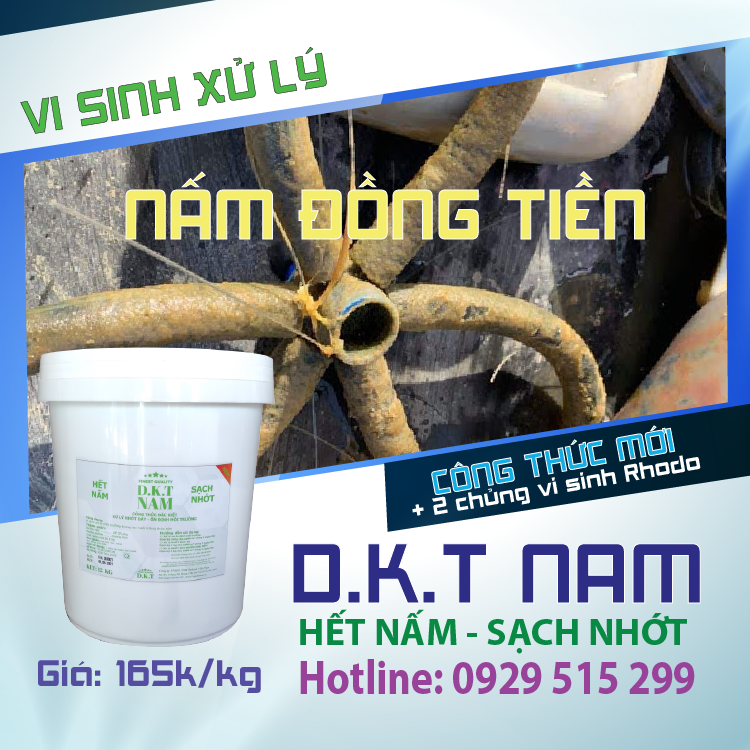

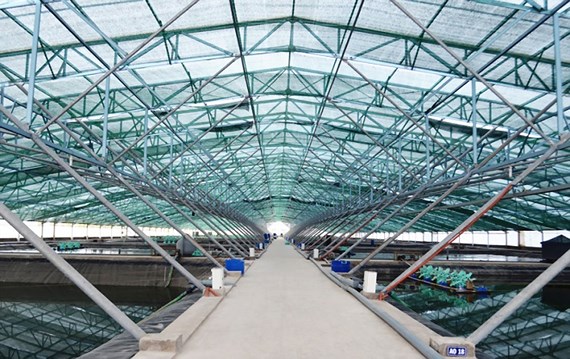
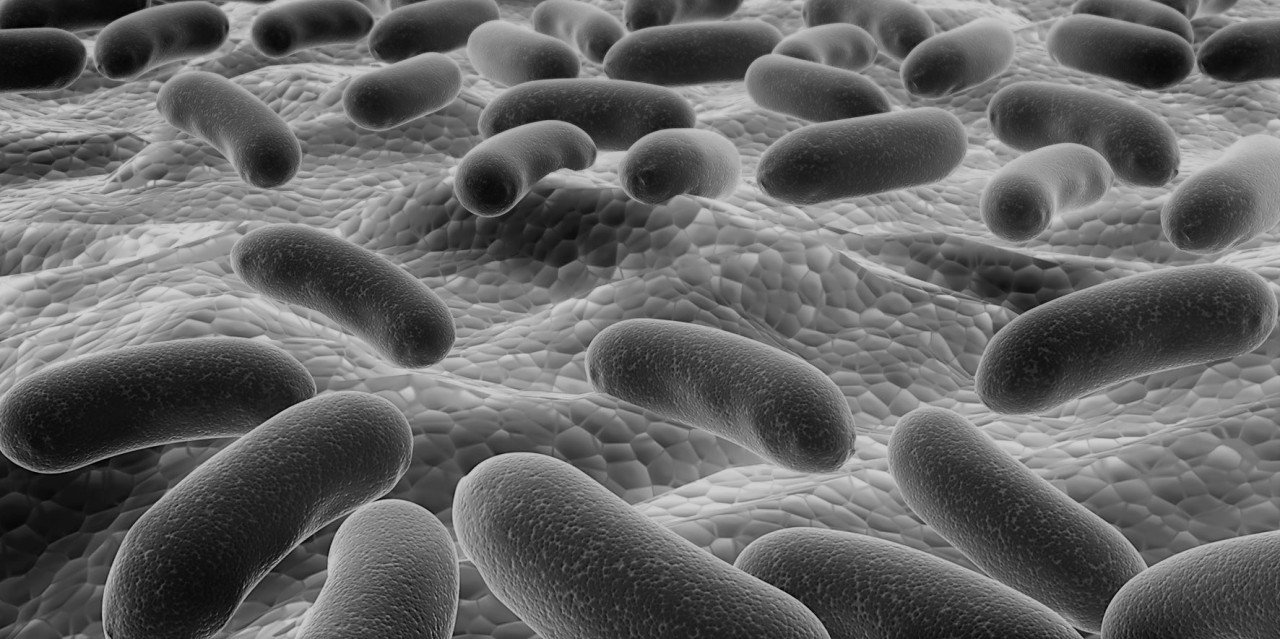

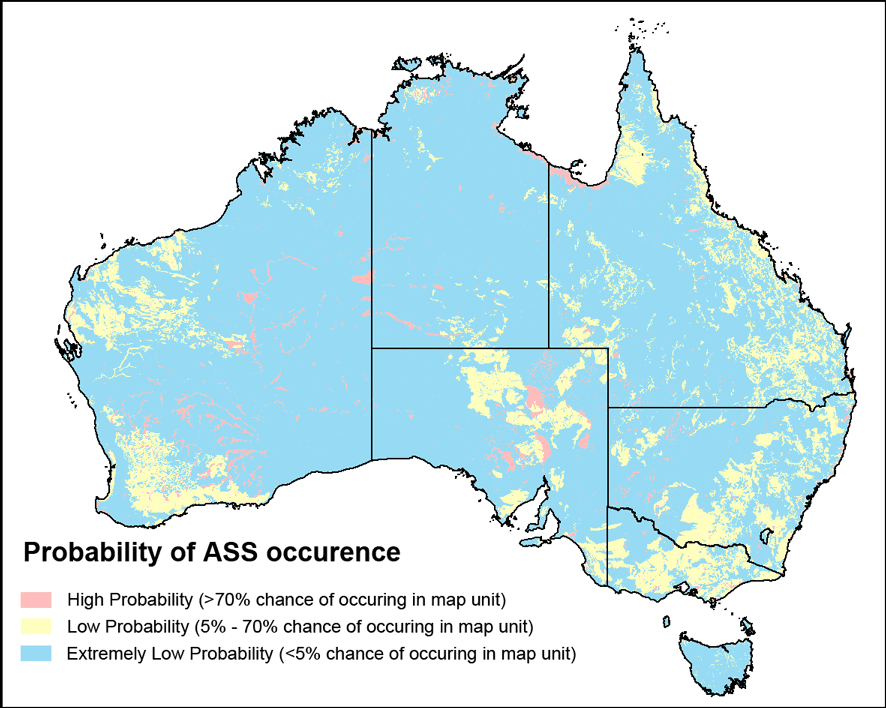




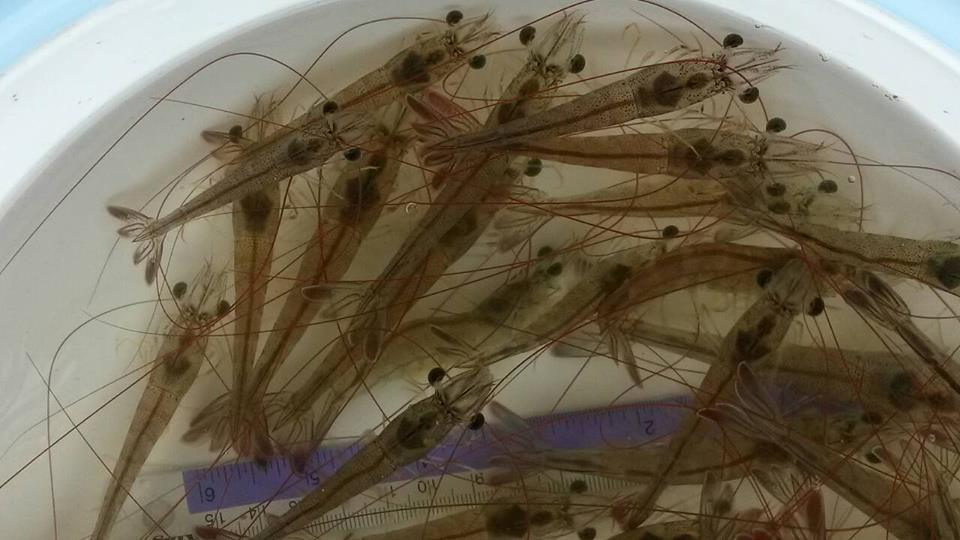
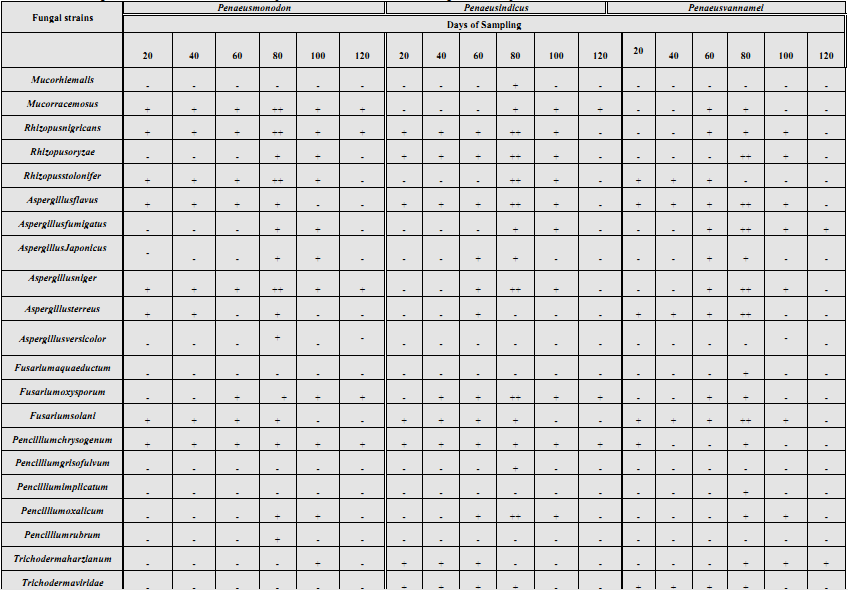





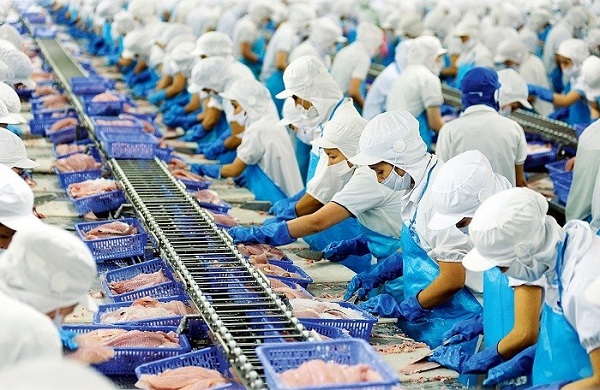


Bình luận bài viết